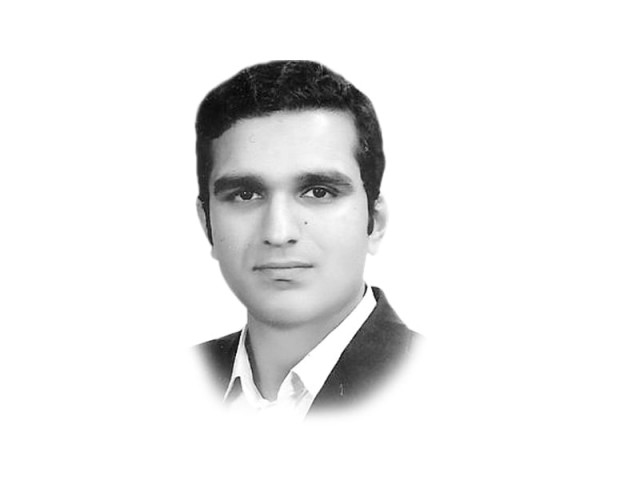Education for all?
We need to internalise this newly guaranteed right and think about what kind of an ‘educated’ people we want to be?

In 1948, Article 26 of the Universal Declaration of Human Rights made education a ‘right’ for all, and bound its signatories to make primary education free and compulsory for all member states of the United Nations. However, it was only through the Eighteenth Amendment to the Pakistani constitution in 2010, that the government has made it an enforceable fundamental right in Pakistan. Article 25A reads: “The State shall provide free and compulsory education to all children of the age of five to sixteen years in such manner as may be determined by law.” Why this long delay? First, let me point out that we are not alone in such a long delay. Even in India (our usual comparison) free and compulsory education became a fundamental right only in 2002. That said, the larger problem is the lack of awareness of these rights in Pakistan. I wonder how many people outside the NGO/education sector know about this fundamental right, even after nearly two years of it becoming enforceable? One simple reason for the lack of awareness is that these rights are simply not taught at any level in Pakistan. While these rights are inherent, the articulation of these rights is important so that people might be empowered to understand and utilise them for their development. In this regard, the effort by the South Asia Forum for Education Development and the Idara-e-Taleem-o-Aagahi in collecting a million signatures in support of Article 25A is a commendable step. We have several good laws on the statute books, but the lack of public awareness makes them paper tigers and useless in development.
The second issue, on an equal level with awareness, is the enforcement of the right. Public awareness of a right must lead to its adequate implementation. What use will Article 25A have if the federal and provincial governments simply extend the current government schooling policies? We might increase our ‘officially’ literate population and legally fulfil a requirement, but would fail to actually ‘educate’ the people. Before we even get to the minute details of how we would practically ensure that all children between the said ages are given free and compulsory education, we must decide what we want as our end result. Do we want people who know simply a few facts and figures? Or do we want to form informed and discerning citizens? If it is the former, then not much thinking is required, and Pakistan will remain as it is for the foreseeable future. If it is the latter conception then with time, Pakistan will be transformed into a country of self-confident, self-aware and judicious people who work for their and their country’s betterment. Therefore, the realisation of Article 25A must be substantive.
At this moment, there is a great ping-pong match between the federal and the provincial governments about who has what responsibility. Then there is the issue of money: where will it come from and where will it go? Then is the problem of actually building more schools, hiring and training teachers and then lastly, how to ensure that children actually remain in school for the requisite number of years. All of these questions need to be dealt with dispassionately, but first we need to internalise this newly guaranteed right and think about what kind of an ‘educated’ people we want to be?
Published in The Express Tribune, April 3rd, 2012.














COMMENTS
Comments are moderated and generally will be posted if they are on-topic and not abusive.
For more information, please see our Comments FAQ